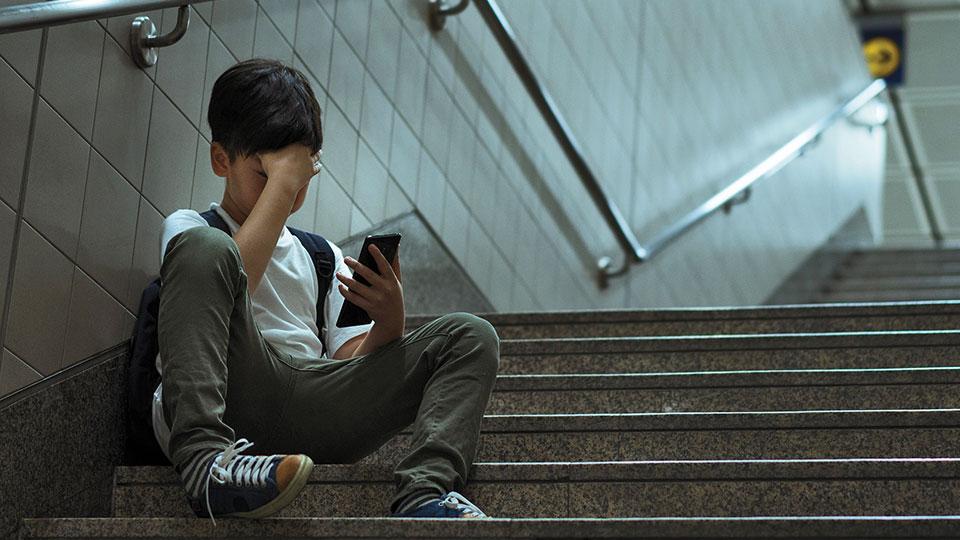
Schools and Mental Health
If there is one thing that the last two years of the pandemic and its attack upon our physical health has taught us, it is the importance of mental health. Nowhere has this been more apparent than the effects upon our children and the growing disengagement from school both socially, emotionally, and intellectually by significant numbers of students–especially boys. Remote learning has taken its toll and continues to do so not merely in terms of its immediate impact but also in terms of the downward spiral that it has initiated with longstanding implications. COVID may have brought the problem in focus, but it has not created this problem – it exacerbated an existing problem.
At the beginning of the 20th century, the British philosopher and mathematician Bertrand Russell wrote, “Men understand best what most interests them, and their interests are derived from their emotions.” From this statement it can also be inferred that if understanding is derivative from emotions, lack of understanding is equally so. The emotional well-being of students provides the essential foundation for their successful education. Intellectual understanding, as well as the absorption of knowledge, is very much determined by the emotional engagement in those processes. The interplay between intellect and emotion determines both functionality and dysfunctionality.
The last decades have seen an ever-growing problem of boys disengaging from school reflected by the growing number of boys in special and modified academic programs, requiring behavioural intervention and being diagnosed with learning deficiencies, as well as the seemingly ever decreasing number of boys entering university as opposed to girls. Approaching these issues from the point of addressing learning from an intellectual point of view is far from adequate. Clearly what is needed is emotional support not in the form of guaranteeing success or eliminating competition, but rather in building the confidence to take on challenges. In environments in which boys find no validation, self-invalidation is sure to follow along with other issues such a depression and anxiety disorders.
Encouraging and empowering our youth to take on problems constructively is what a therapeutic approach is all about. It involves developing the resilience to tackle problems through encouragement and counselling, coupled with the abilities to self-regulate and reflectively assess actions relative to their desired results and readjust accordingly. If it doesn’t work, why do you do it? Are you the captain of your own ship or merely a passenger?
There are at present good grounds to argue that all teacher training should involve a working knowledge of cognitive behavioural therapy and where possible, dialectical behavioural therapy. The equating of school performance with ability is a poor measure of the student but it is a practice that often results in the student believing that they are what they see on a report card. A sense of hopelessness is easy to develop and become the self-limiting measure of one’s own worth. The attitude towards intellectual capacity should be viewed in terms of physical fitness where exercise, routine and effort yield results and targeted objectives once met will be exceeded.







